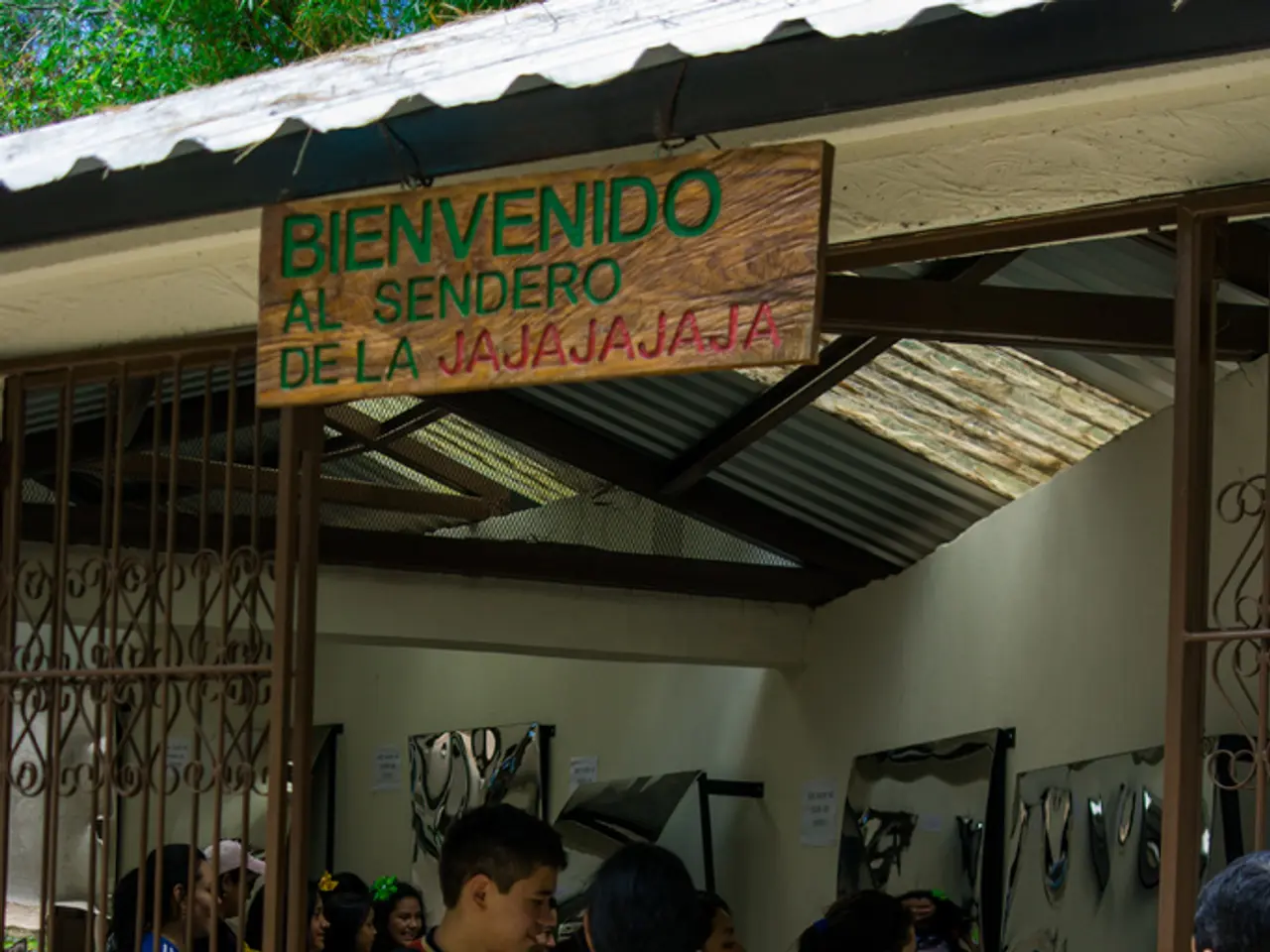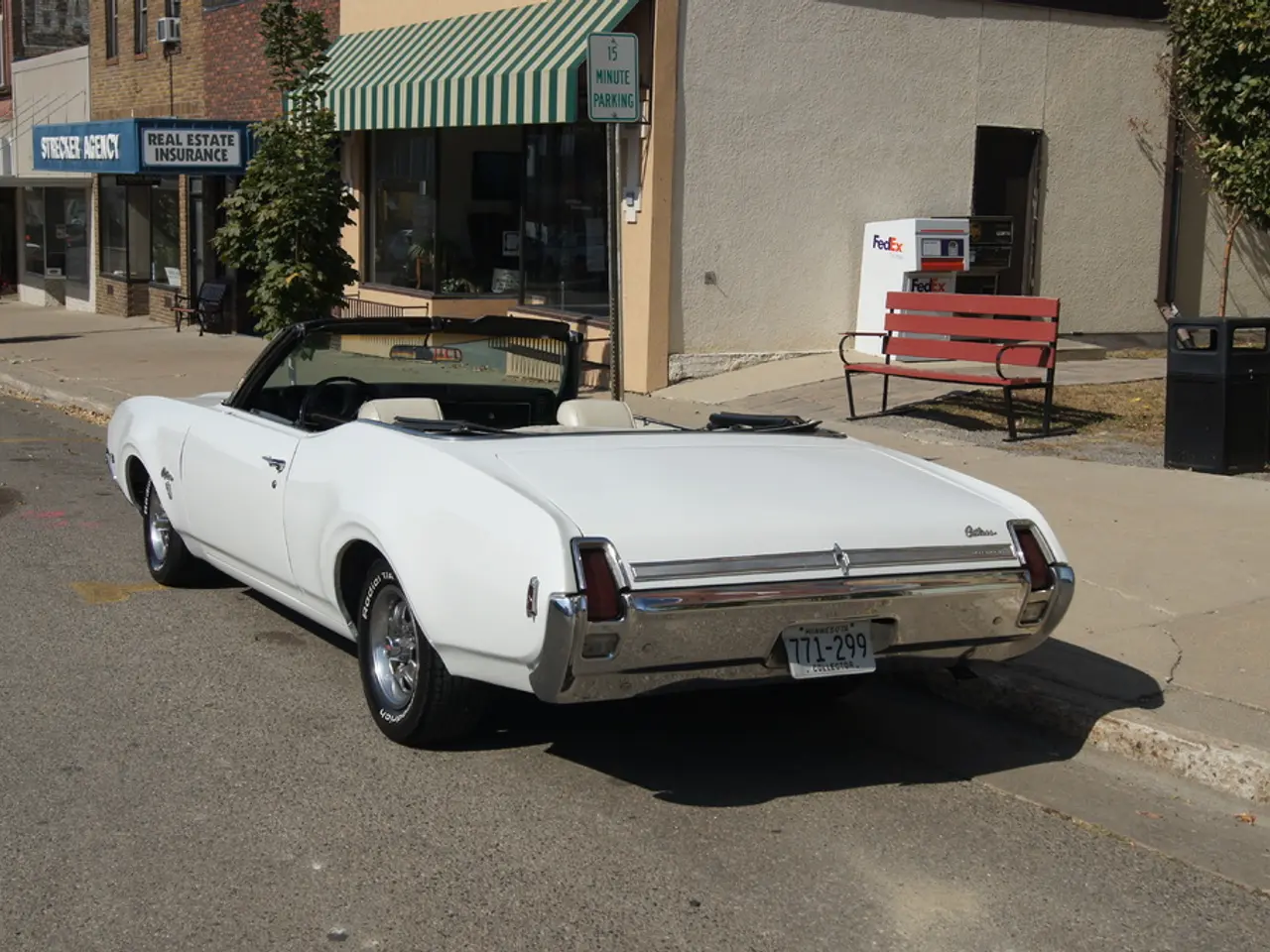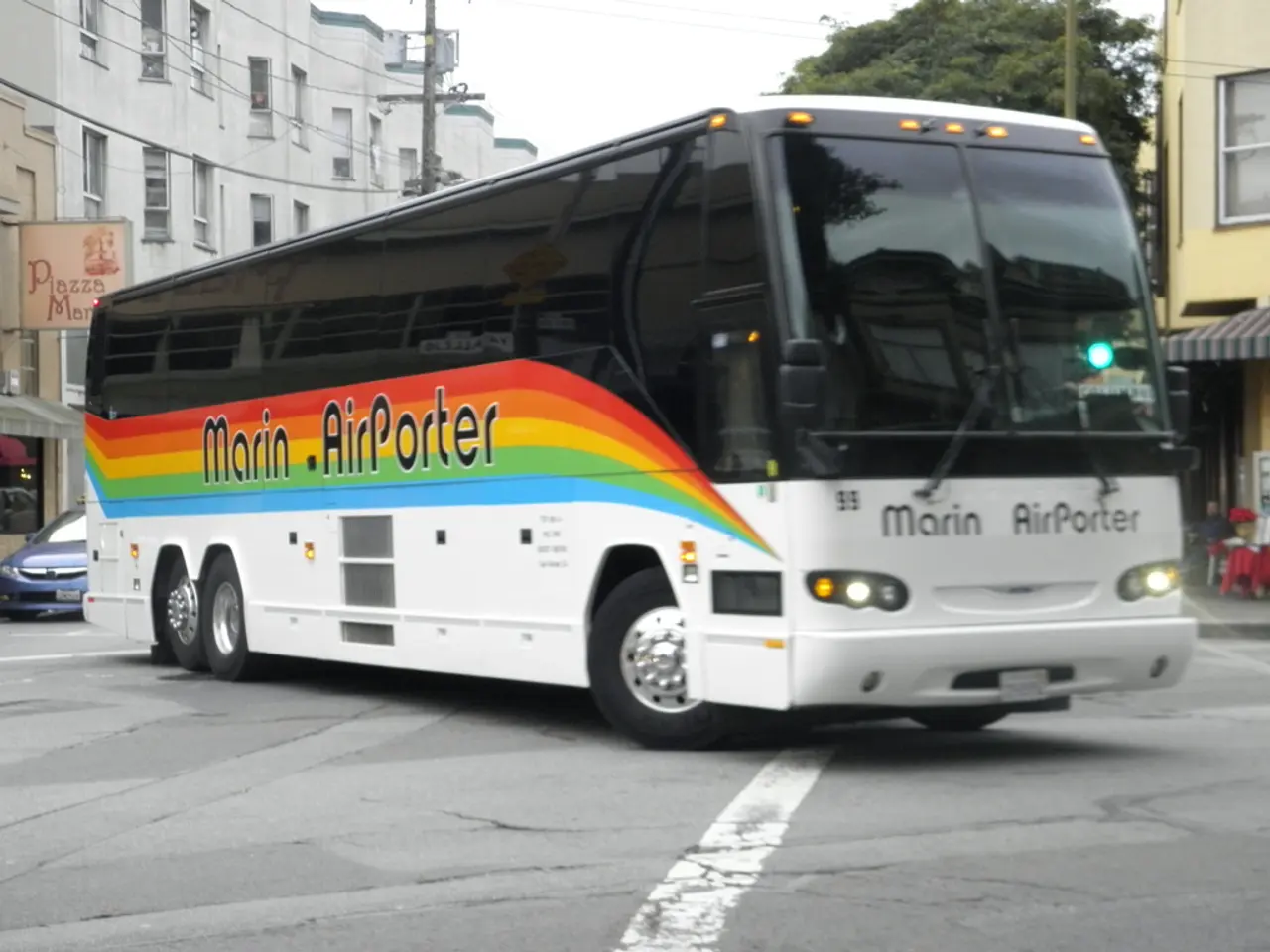Army Ghost Tale: Shadows of Staff Positions and Officer Training
Title: The Ethereal "Ghost" Role: An Obscure Proposal for Strategic Innovation
Many years ago, a curious Army memoir popped up on my radar. Dated January 20, 1983, it delves into an intriguing piece of Army lore. This missive, from the director of the Combat Studies Institute to General Jack Merritt, the commanding general of the Combined Arms Center, presents a thought-provoking position on appointing a special assistant. This assistant, as the memo suggests, is to shoulder a unique role with specific qualifications that seem like a precursor to the contemporary commander's action groups (CAGs) or strategic initiatives groups (SIGs).
The prototypical candidate should be someone who appreciates the power of words - a literate soul. This individual should be a major or lieutenant colonel, boasting an advanced degree in the liberal arts and fluency in a foreign language. The assistant should be brimming with self-confidence but have a tiny ego. Maturity is a must - not an old grouch, but contented with life and satisfied with their Army career. They should also have an insatiable curiosity, constantly seeking knowledge. And the person must be a diligent worker who knows how to constructively criticize, exhibit intellectual courage, and anticipate well.
This special assistant is to serve as a 'ghost', working independently for Merritt, free from administrative duties, and dedicated to studying his thoughts. With complete freedom to seek out ideas, gather information, cultivate expertise, self-select tasks, and speak their mind - voicing their thoughts rather than what Merritt thinks they should say. The memo advises that Merritt protect his ghost from short-term obligations, grant them tenure, provide them time for reading, writing, and thinking, and allow open and dialectical debates.
Whether General Merritt ever recruited a 'ghost' or not, is a matter of speculation. What makes this memo intriguing, however, is its description of a work style now commonly associated with CAGs/SIGs. Having worked alongside CAGs/SIGs leaders at the highest ranks in the Army, the officer who shared the memo with me felt an unexplainable kinship with the 'ghost' concept. It appears that the 'ghost' concept and the work of CAGs/SIGs may not entirely concur, or perhaps, the actual work of CAGs/SIGs could be better aligned with the original 'ghost' role.
While the 'ghost' concept cannot be institutionalized without curbing individual commanders' prerogatives, the groups that thrive on promoting this innovative workstyle – the Army's strategist community, the Strategy Education Program, and the School of Advanced Military Studies – can certainly identify these requirements in certain commands and offer suggestions on fitting personnel for the tasks. Prospective candidates, however, should extend beyond the normal talent pool to maintain the qualifications laid out in the original memo.
For example, permanent faculty from the non-STEM academic departments at the United States Military Academy stand ready to fill these roles. West Point faculty all possess doctoral degrees, seemingly contented with their professional paths. Their curiosity, self-confidence, and intellectual courage rival most of their counterparts. Furthermore, West Point has an established mechanism for these faculty members to rejoin the operational Army, offering intellectual insights on real-world problems within flag officer commands. This operational experience program would seamlessly accommodate ‘ghost requirements.’
Beyond academic departments, changing Army officer education could also help produce future 'ghosts'. Army officers are currently falling short in quasi-diplomatic and development roles that require cognitive discomfort and cultural sensitivity. So adjusting the curriculum to reinforce empathy and critical thinking could prove essential. The 'ghost' concept doesn't just revolve around supernatural connotations; it is about serving as the commander's 'spirit' or 'soul', diffusing insights across the command. Let's double down on efforts to instill empathy and critical thinking in our officers, cultivating habits of mind that will tackle the challenges of future battles.
Happy Halloween, indeed.
Disclaimer: The views expressed are the author's and do not represent the official stance of the United States Military Academy, Department of the Army, or Department of Defense.
- The 'ghost'role proposed in the Army memo mirrors the duties of contemporary business leaders, as both entities require individuals with intellectual courage, self-confidence, maturity, and a diligent work ethic.
- A military leader in the vein of a 'ghost' can draw parallels with the role of a financial investor, as both must seek knowledge, anticipate well, constructively criticize, and spoke openly, voicing their thoughts rather than simply echoing others.
- The 'ghost' concept, if expanded beyond traditional leadership roles, could also be applied to a defense strategist, who would need to be fluent in strategic analysis, multilingual in understanding global dynamics, and adept at fostering open debate for innovative solutions.




